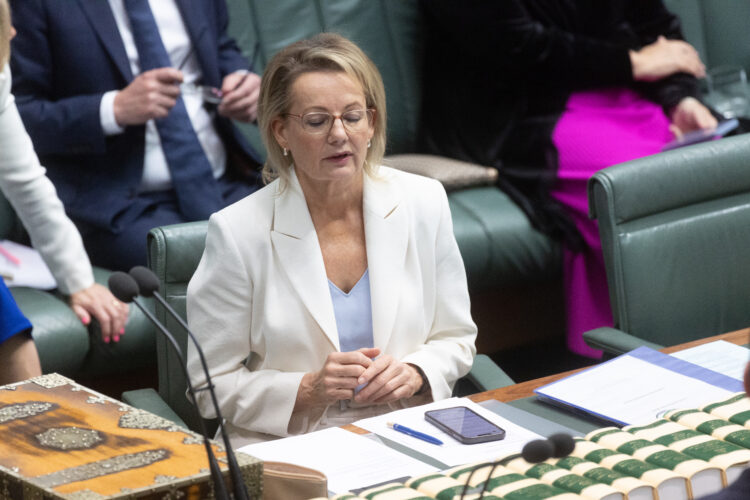Ukraine war profiteering – Russia not the only fossil fuel exporter making billions
Recent reports that Australians have purchased up to $3.8 billion of petrol and diesel made from Russian crude oil, worth $2 billion in taxation revenue to Moscow, is a timely reminder that Russia is not the only major fossil fuel exporter that has made huge amounts of money from the war in Ukraine.
When Russia invaded Ukraine in February 2022, global oil prices increased rapidly. Natural gas prices follow crude oil prices because, quite literally, oil and gas often come from the same holes in the ground. World prices of Liquefied Natural Gas (LNG), the form of natural gas that is exported from Australia, surged from around $A550 a tonne of LNG in 2021 to over $A1,100 in 2022.
The surge in LNG prices generated huge windfall profits for Australia’s predominantly foreign-owned LNG industry. According to research by Ogge, Saunders and Campbell LNG windfall profits since the invasion in 2022 have amounted to $100 billion, profiteering from the war in Ukraine.
Australian taxpayers have received little of the LNG windfall. Over half of the natural gas used in Australia for LNG exports is given away royalty free. Meanwhile, the Petroleum Resource Rent Tax (PPRT) is so poorly designed that in 2023 Treasury revealed that no LNG operation had ever paid PPRT, highlighting how the ATO considers the oil and gas industry to be “systemic nonpayers” of tax.
While it could be argued that better taxation of Australia’s LNG industry would mean the Australian government is also profiteering from the war in Ukraine, the $17 billion a year that would be raised from a 25% tax on LNG exports could go a long way to ensuring Australia no longer needs to rely on fossil fuel imports from Russia, or any country, and significantly reduce overall fossil fuel consumption.

